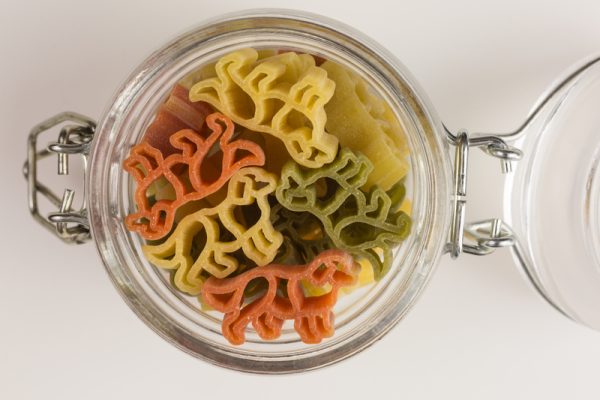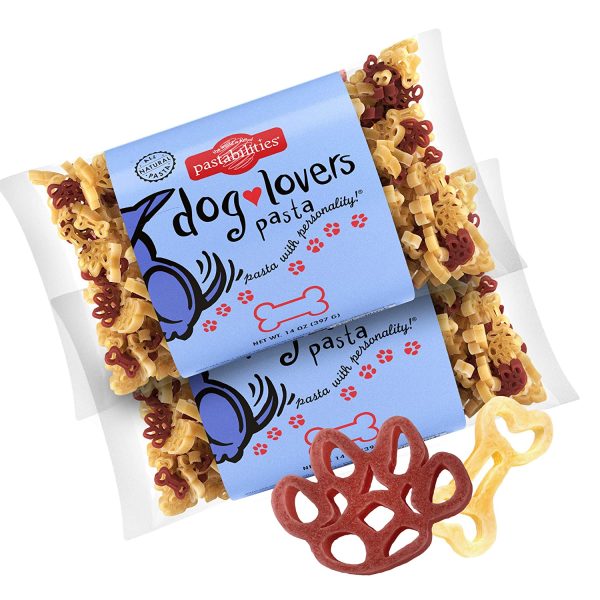
It might be easier to persuade most readers that the moon really is made of Gouda cheese than to convince them that Italy once declared war on pasta.
Italy. Home of spaghetti, manicotti, linguini, macaroni…..we have to stop, we’re making ourselves hungry.
Nearly every country has its version of an egg/flour/water dough recipe, but as for Italy, food historians doubt that Marco Polo brought pasta to the country from his journeys to China because it was already there. They point to evidence of an Etrusco-Roman noodle made from durum wheat that was first mentioned in the 1st century AD, though it was baked, not boiled. It was the Arab invasions of the 8th century that heavily influenced the diffusion of pasta and regional cuisine throughout Italy, and no fools, they, the Italians embraced pasta and made it their own in such a variety of ways that when we think of the food today, we think of Italy. In fact, it’s estimated that Italians eat over sixty pounds of pasta per person each year, compared to Americans who eat around twenty pounds of pasta per person annually.
Nevertheless, someone came along in the 1930s and declared war on pasta. It should have been considered cultural treason when Italian poet, Filippo Marinetti, declared pasta to be “an absurd Italian gastronomic religion” and called for its demise. In his Manifesto of Futurist Cooking, Marinetti described pasta as a “passéist food” that fooled people into thinking it nutritious when it actually caused disorders in the pancreas and liver that made people feel heavy, brutish, skeptical, slow and pessimistic.
As it happened, Italian fascist, Benito Mussolini, agreed with him. He viewed Marinetti’s futurism a a way for the newly unified country to catch up to other world powers, and during his administration, Mussolini established a “National Rice Board” with the intended goal of making Italy less reliant on pasta using imported wheat. According to Philip McCouat writing in the Journal of Art History, Mussolini never went so far as to ban pasta, but Italians were already familiar with the anti-pasta movement by the time Marinetti had gathered the opinions of scientists and chefs and reproduced them in his aforementioned cookbook. The pasta ban had its advocates, but the funny thing about reality is that it focuses on what is important. When World War II broke out, Italians became less focused on what they were eating, and more on eating anything at all. By the 1940s, Marinetti’s efforts lost steam, and he died of a heart attack in December 1944, just months before the deaths of both Mussolini and Hitler the following year.
In honor of the man who would have denied us Cacio e Pepe, Spaghetti alla Puttanesca, and Chicken and Shrimp Carbonara, we share Dog Lovers Pasta (other fun shapes are available at the same link).
And for anyone wondering, yes, dogs can eat pasta without sauce in moderation.

Top image: © Seramo | Dreamstime.com
